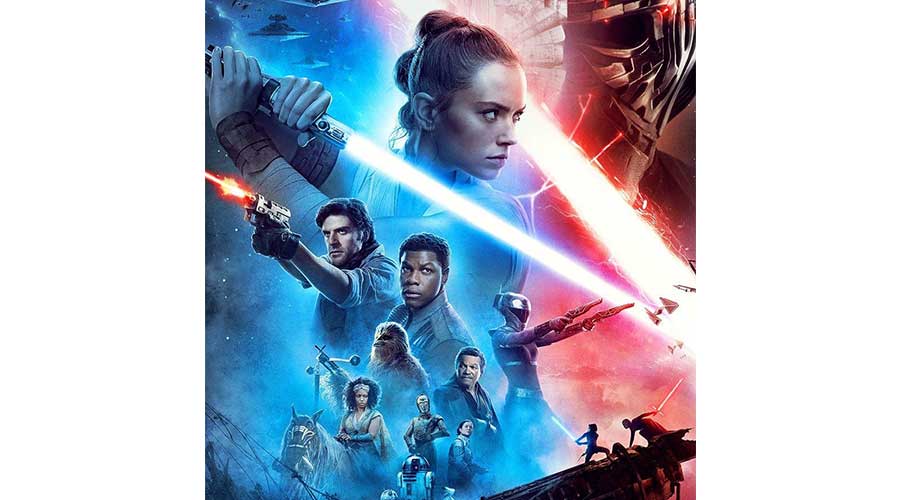What’s to watch on Netflix?
- 13 Apr - 19 Apr, 2024
Ending a Star Wars trilogy can be as tricky as destroying a Death Star, requiring a rare mix of battlefield experience and blind faith in The Force. Those, presumably, are the qualities that put JJ Abrams back in the pilot’s seat for this safe but solid series finale, after Jurassic World director Colin Trevorrow (who was originally signed to direct) failed to take control of this blockbuster ship.

Turning his back on the controversies of The Last Jedi, Abrams conjures a mix of crowd-pleasing spectacle and unadventurous storytelling, steering a whizz-bang course between a series of oddly familiar set pieces as he ties up some long-running narrative threads while leaving others hanging. The result is a handsome if creaky and oddly inconsequential final film that lurches around the galaxy at light speed without actually getting anywhere, as it steers a course between the inventive and the inevitable.
The Rise of Skywalker returns to the aesthetics of The Force Awakens, juggling rocket-fuelled action sequences – dogfights, desert chases and saber-battles abound – with straight-faced “dark v light” standoffs, retaining the thread of humour that dates back to A New Hope while still taking the unfolding events deadly seriously. While Rian Johnson delighted in wrong-footing viewer expectations (Luke comically ditching a sacred talismanic object in Episode VIII raised laughs, gasps and shrieks of dismay in equal measure), Abrams keeps things closer to home, reviving that strange sense of quasi-mystical cod-reverence that was the hallmark of Lucas’s original productions.
We pick up with our heroes still pluckily fighting back against the First Order, unaware of a greater phantom menace lurking in the background. In a world in which a cast list can be a plot-spoiler, and death (both real and fictional) is no impediment to resurrection, suffice to say that all the key characters return, including Carrie Fisher’s Princess Leia, thanks to repurposed cut-scene footage from The Force Awakens.
As for the narrative, Abrams (who shares screenplay credits with Chris Terrio) returns to the core themes to which he and Lawrence Kasdan had “projected forward” when writing The Force Awakens, largely sidestepping (or just flat-out ignoring) the more intriguing googlies of The Last Jedi. Rey’s identity is once again at the heart of the story (the question “who is she?” reverberates throughout), wrestling with her own potentially destructive powers as she continues her long-distance, combative relationship with Kylo Ren.
What we’re left with is an entertaining but rather empty greatest hits compilation of familiar riffs, characters and iconic space hardware – a feeling amplified by John Williams’s score, which revisits key themes from the entire series in appropriately heart-swelling, tear-jerking fashion.
COMMENTS